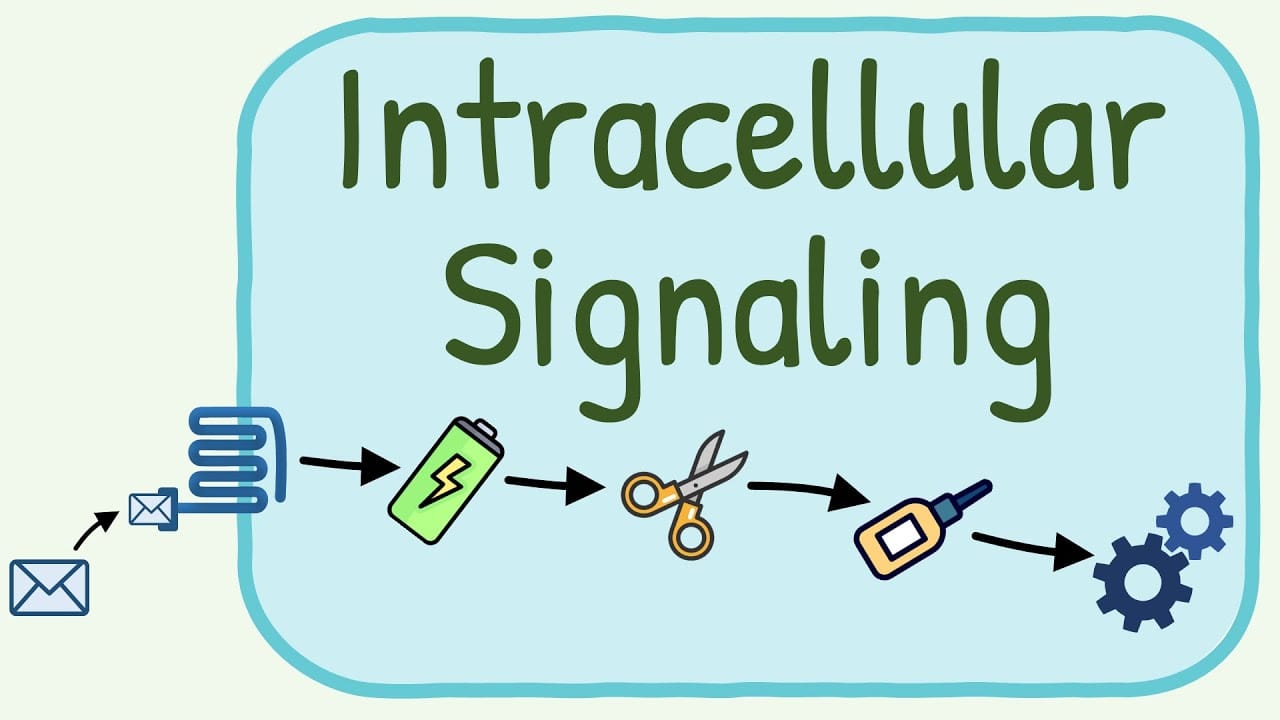The United States Department of Justice (DOJ) has initiated legal proceedings against Aetna eHealth and several affiliated organizations, alleging the involvement of these entities in a systematic scheme to engage in kickback practices associated with the Medicare Advantage program. This action follows an extensive investigation into the relationships between health insurers and healthcare providers that may compromise the integrity of federally funded programs designed to assist seniors and individuals with disabilities.
Medicare Advantage is a program that allows private insurance companies to provide Medicare benefits to eligible individuals. The program has grown significantly in popularity, with millions of enrollees across the nation. This expansion has prompted an increase in scrutiny from regulatory agencies concerned about the potential for fraudulent activities, particularly relating to payment schemes that could undermine the delivery of quality healthcare services.
The complaint outlines a series of alleged violations where Aetna eHealth and associated entities purportedly provided financial incentives to healthcare providers in exchange for increasing enrollments or maintaining high enrollment levels in their Medicare Advantage plans. The DOJ claims these kickbacks could distort the decision-making process of healthcare providers, leading them to prioritize financial gain over patient care.
Legally, kickbacks in the context of Medicare Advantage are strictly prohibited under the federal Anti-Kickback Statute, which seeks to eliminate corrupt practices that can inflate costs, encourage overtreatment, and ultimately compromise patient care. The statute explicitly bars any remuneration that influences the referral of services covered by federal healthcare programs. The DOJ’s investigation has suggested that these practices not only violate the statute but may also present significant risks to beneficiaries who rely on Medicare for their healthcare needs.
As part of the ongoing legal process, the DOJ aims to hold Aetna eHealth and its partners accountable. If the court finds the defendants culpable of these allegations, they could face severe financial penalties, including recouping funds improperly received as part of the kickback scheme, as well as possible exclusion from federal healthcare programs.
The complaint also draws attention to the larger implications of such corporate practices within the healthcare industry. The DOJ has expressed concerns that fraudulent kickback schemes weaken the Medicare program’s sustainability and undermine public trust in healthcare delivery systems. The potential for increased scrutiny and regulatory action serves as a reminder to all players within the industry about the importance of compliance with federal laws and ethical business practices.
Consumers and advocacy groups have welcomed the DOJ’s actions, emphasizing the need for vigilance in ensuring that health care services are provided equitably and transparently. Advocacy organizations have long stressed the importance of protecting beneficiaries from practices that may prioritize corporate profit over patient welfare. As cases like this unfold, there is a hope that increased regulatory enforcement will deter similar conduct by other insurers.
The Medicare Advantage market’s rapid growth has also attracted attention from policymakers, who are increasingly examining the relationship between insurers and healthcare providers. The DOJ’s complaint suggests that the need for regulatory oversight is more critical than ever as more Americans depend on Medicare Advantage for their healthcare coverage.
While the legal proceedings are still in their early stages, the actions taken by the DOJ against Aetna eHealth and its associated entities will likely serve as a crucial bellwether for the healthcare industry. This case may set a precedent for future enforcement actions, particularly as legislators and regulators seek to uphold the integrity of programs crucial to American seniors.
As the case progresses, it is expected to attract significant media attention and public interest, especially from communities that are served by Medicare Advantage and those stakeholders who have a vested interest in the broader healthcare landscape. The outcome could not only affect the involved parties but could also lead to shifts in how programs like Medicare Advantage are administered and monitored in the years to come.
Ultimately, the pursuit by the DOJ of alleged kickback schemes reflects a broader commitment to ensuring that healthcare funding is utilized in a manner that genuinely benefits the American public. Continued vigilance and accountability are essential to maintain the integrity of healthcare programs that serve some of the most vulnerable populations in the country. Stakeholders across the industry will be closely watching as this case unfolds, anticipating potential reforms and further clarifications regarding compliance standards in the healthcare sector.



